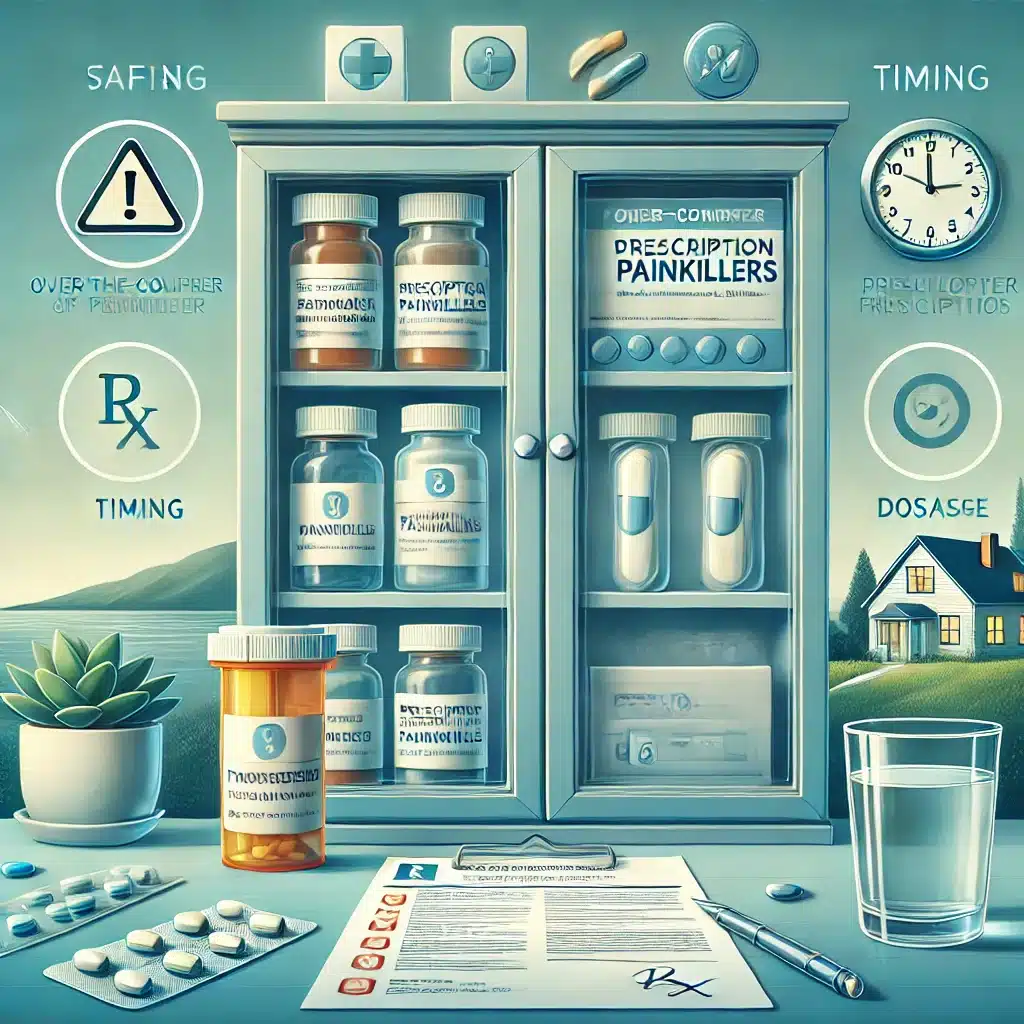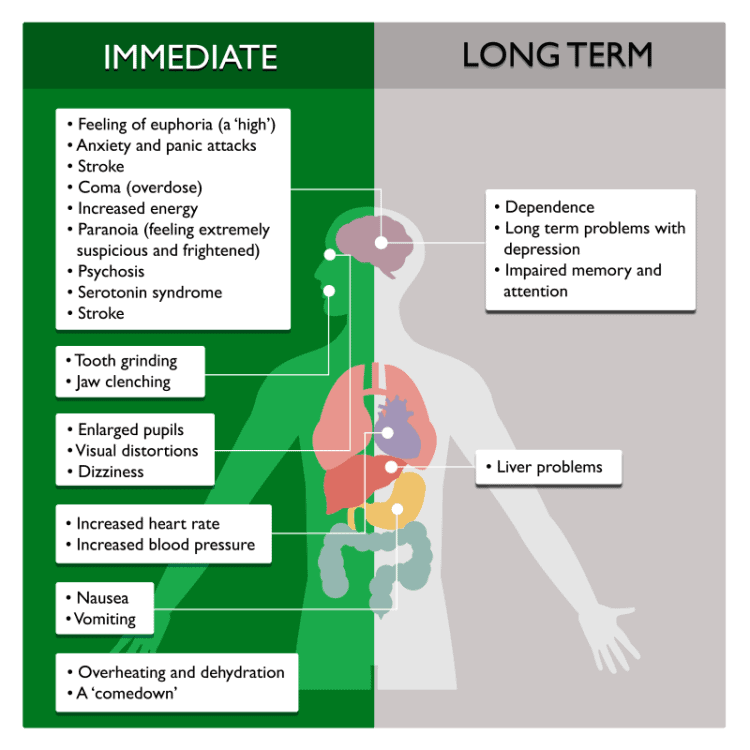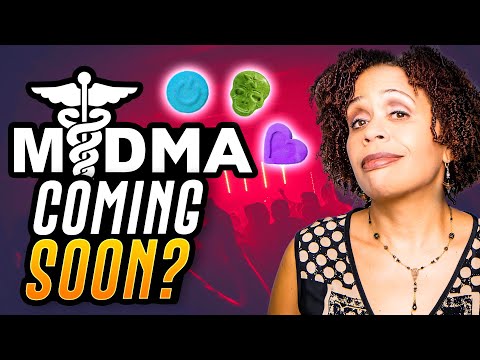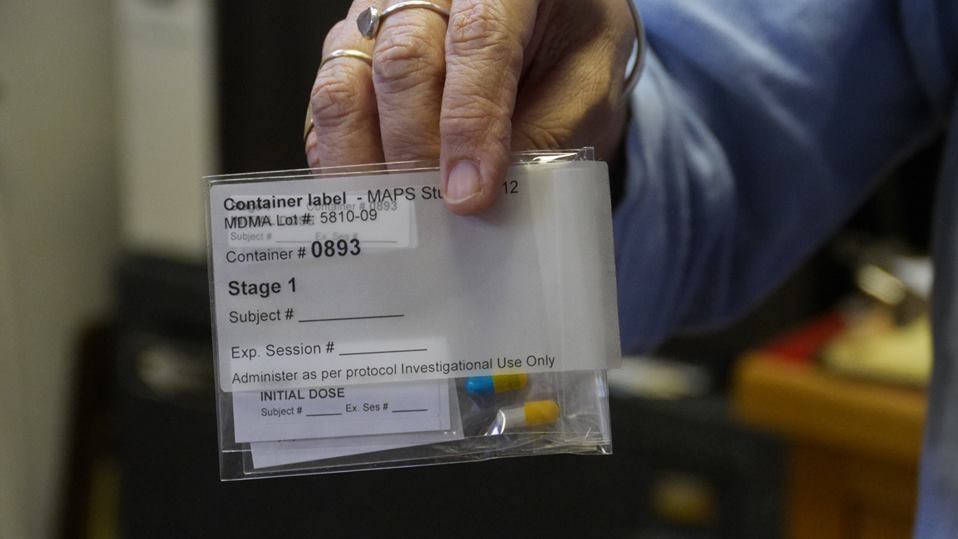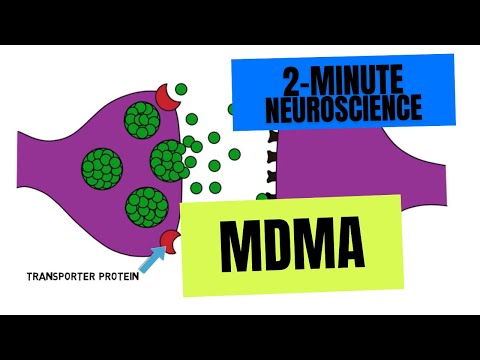How to Responsibly Consume Painkillers for Pain Relief
Understanding the Role of Painkillers How to Responsibly Consume Painkillers, also known as analgesics, play a crucial role in managing pain and improving quality of life. From over-the-counter options like ibuprofen and acetaminophen to prescription opioids, these medications can provide significant relief when used responsibly. However, misuse or overuse can lead to serious health risks, […]
How to Responsibly Consume Painkillers for Pain Relief Read More »

